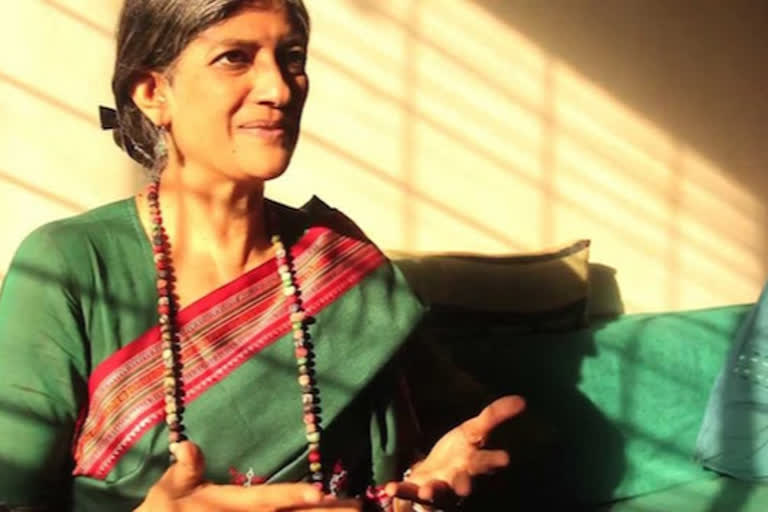New Delhi: Empty roads, closed shops and bazaars, vacant airports, bus-stations, closed schools…it is almost a doomsday scenario. What may follow are food scarcities, unpaid EMIs stacking up.
Caught between the devil and the deep sea, India faces a situation it had never faced before. On one side is the scourge of coronavirus that is threatening to explode, and on the other side is the ongoing recession that has been badly battered by the virus epidemic.
In other words, we have to fight two types of recession at the same time—one caused by economic factors and another a contagion-driven recession. In the former, a slowdown of demand is the main cause while in the impending contagion-driven recession, people abruptly disappear from the market and workplace thus affecting growth. That is the situation in India (and elsewhere) now.
The crisis is further accentuated by a lack of economic models to emulate in such scenarios.
According to Jayati Ghosh, one of India’s foremost development economists, poor workers from the informal and unorganized sector, could be the veritable means to overwhelm the heightening calamity.
While speaking to ETV Bharat, Ghosh said, “The government must take immediate steps to protect informal workers, who constitute about 90 per cent of all workers, and their families. This is essential not just to prevent economic devastation but also to reduce the spread of the disease since the need to feed their families will drive workers to desperate measures and not enable them to practise the physical distancing required.”
And what steps can the government take?
“The urgent measures are free food rations which can be done given the abundant food grain supplies with the government, ensuring adequate supplies of clean water and soap, especially in congested urban slums and similar areas, and income support to those affected. To start with, income support can be provided to Jan Dhan account holders, to those registered with MNREGA, to those receiving the (usually pathetic) pensions, etc.
Read: Telangana forms panel to suggest steps to contain COVID-19 outbreak
“It should be extended to cover most people with an exclusion list of formal workers and income taxpayers. State governments already have the capacity to ensure such transfers if the central government makes available the funds. But these payments should not be Aadhaar-linked at all, as this would make matters much worse,” says the economist who teaches at the Jawaharlal Nehru University (JNU).
The big problem in a contagion-driven recession is due to the 'abrupt and sudden' shrinking of the market.
Giving a historical context, Kumar Sanjay Singh, who teaches history at Delhi University, says: “As the suddenness with which the workforce and consumers pull out of the market during contagion-driven recession mimics the distortion within economy wrecked by international wars or large scale civil wars.”
“It will, therefore, be instructive to follow the economic measures of war-time economies resorted to by western powers during WW I, the Soviet Union during the civil war as well as WW II.”
Dwelling on the fact that measures to counter contagion-driven recession needs to be different from the recession due to economic factors, Singh says: “Tax cuts, lowering of interest rates etc. formed the core of the stimulus packages during 2009-10 banking crisis. On the other hand, war-time measures focused on government organizing and taking control of the distribution process to ensure maximum supply of resources that are either scarce or are not being distributed efficiently due to disruption of markets and transportation.”
“That is perhaps what we need now and in good time too, otherwise we face deep peril,” he adds.
Read: COVID-19: Dinesh Trivedi tweets old picture showing overcrowded railway station, expresses concern



